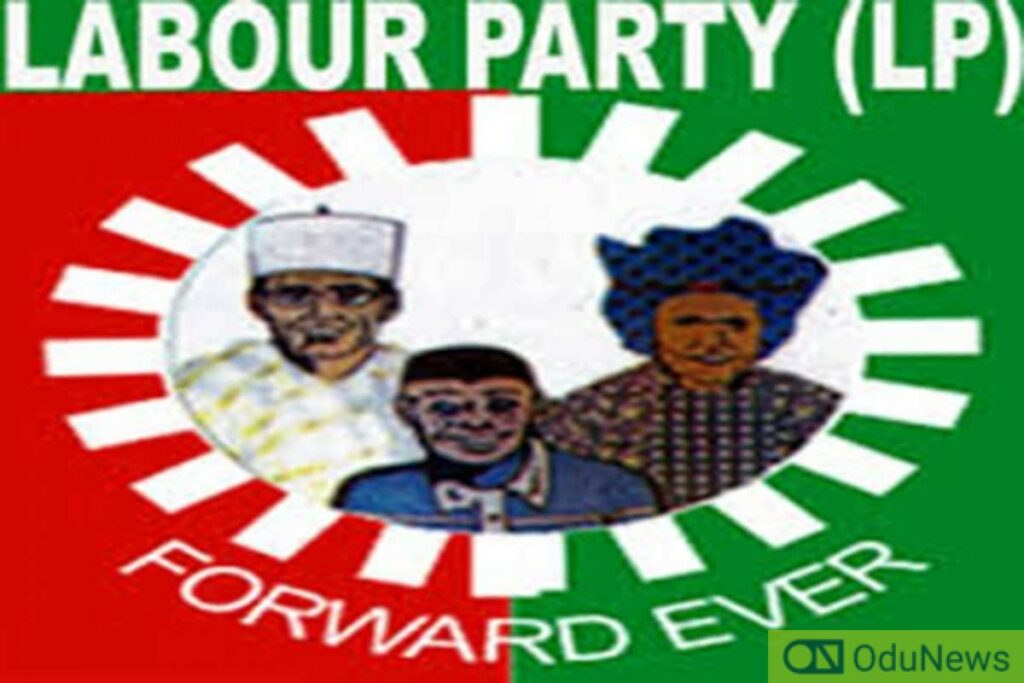The Labour Party (LP) in Nigeria has called on workers’ unions to re-enter negotiations with the government regarding the new minimum wage rather than resorting to industrial action.
Obiora Ifoh, the National Publicity Secretary of the Labour Party, made this appeal in an interview with the News Agency of Nigeria (NAN) on Monday in Lagos. He was responding to the nationwide strike declared by organized labour over the demand for a new minimum wage.
Ifoh emphasized that a strike would only worsen the current hardships faced by Nigerians.
“Our immediate reaction is that organized labour should not subject Nigerians to more suffering,” Ifoh stated. “Nigerians are already dealing with numerous challenges, and exacerbating the situation is not the solution.”
He argued that the demand for a ₦494,000 minimum wage was unrealistic and unsustainable, as it would require the government to allocate an impractical amount of funds solely for civil servant salaries.
Ifoh encouraged the labour unions to continue negotiating with the Federal Government to reach a more feasible agreement.
“Negotiations should persist until a mutually acceptable figure is reached. Asking Nigerian workers to stay at home will have widespread negative effects, including increasing the cost of living, which Nigerians cannot afford right now,” he said.
He further suggested that if the government is unwilling to exceed a ₦60,000 minimum wage, organized labour should accept this amount while continuing to negotiate for better terms.
“This government is still trying to find its footing, and we should avoid actions that could further aggravate the situation,” Ifoh added. He reiterated the Labour Party’s stance against any actions that could cause additional hardship.
Despite earlier appeals from the Federal Government for patience, organized labour commenced an indefinite strike on Monday to push for a new national minimum wage for workers. This industrial action followed a series of failed negotiations between the Nigeria Labour Congress (NLC), the Trade Union Congress of Nigeria (TUC), and government representatives.
The labour representatives walked out of a Tripartite Committee meeting on May 28 after the government increased its offer from ₦57,000 to ₦60,000, which was still deemed unacceptable by the unions.
Initially, the government and the Organized Private Sector had proposed minimum wages of ₦48,000, ₦54,000, and ₦57,000, all of which were rejected by the unions. The organized labour’s initial demand of ₦615,000 was later reduced to ₦497,000 and then to ₦494,000 to better reflect the current cost of living.



Comments are closed.